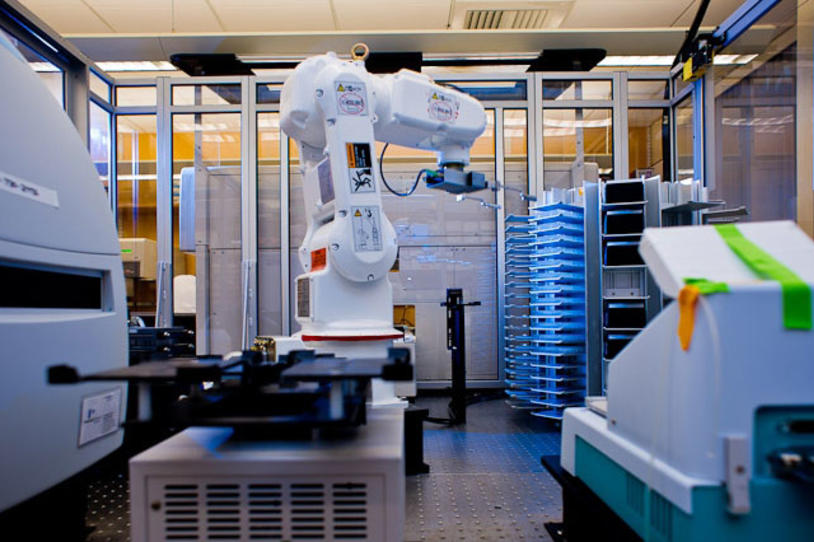
Fox Meeting Notes: We report on the latest news in Parkinson’s disease research, live from the Movement Disorder Society International Congress in Dublin, Ireland.
Today, nearly 2,000 movement disorder specialists packed the Dublin Convention Center auditorium to learn about the latest results from clinical work relating to Parkinson’s disease (PD). Session chair Werner Poewe, MD, provided the latest. Some key points:
- Studies delving into novel ways to deliver levodopa into the body, such as inhaled formulations of the drug, pump systems, and a combination pump/patch approved for use in diabetes, have all returned positive clinical results over the past year.
- There is good news surrounding novel targets to treat dyskinesia that don’t necessarily have a dopamine-centric view of the disease: Addex Therapeutics and Novartis are both developing drugs focused on a glutamate receptor in the brain called mGluR5. Results from a study into the Addex drug, called dipraglurant (and funded in part by MJFF), are being presented at MDS this week.
- One study from MJFF Scientific Advisory Board member Irene Hegeman Richard, MD suggests that certain antidepressants may be safe for people with Parkinson’s disease. There has been no new efficacy data regarding clinical trials concentrated on a disease-modifying approach to PD. (Note: Austrian biotech AFFiRiS AG, however, has just enrolled participants in an early clinical study for a PD vaccine that they hope could have disease-modifying implications).
In addition, a group of 10 clinical studies were showcased at the day’s meetings. Highlights include:
- Positive results from a very small proof of concept study into an “accordion pill” formulation of levodopa. Basically, the “accordion” is compressed into a capsule, and then opens slowly in the stomach, providing a more continuous release of levodopa into the body, which, researchers hope, could reduce “off” time and “on” time without dyskinesia.
- People with Parkinson’s can struggle with swallowing, and this can sometimes lead to severe complications, including a potentially life-threatening disorder called aspiration pneumonia. One group from Gainesville, Florida has found that a particular device and strength program may improve swallowing in people with PD.
- MJFF awardee Neuroderm continues to move forward with positive results from a carbidopa patch designed to limit “off” time and dyskinesia.
- In the Neuroderm study, the patch was taken in conjunction with an oral formulation of levodopa/carbidopa.